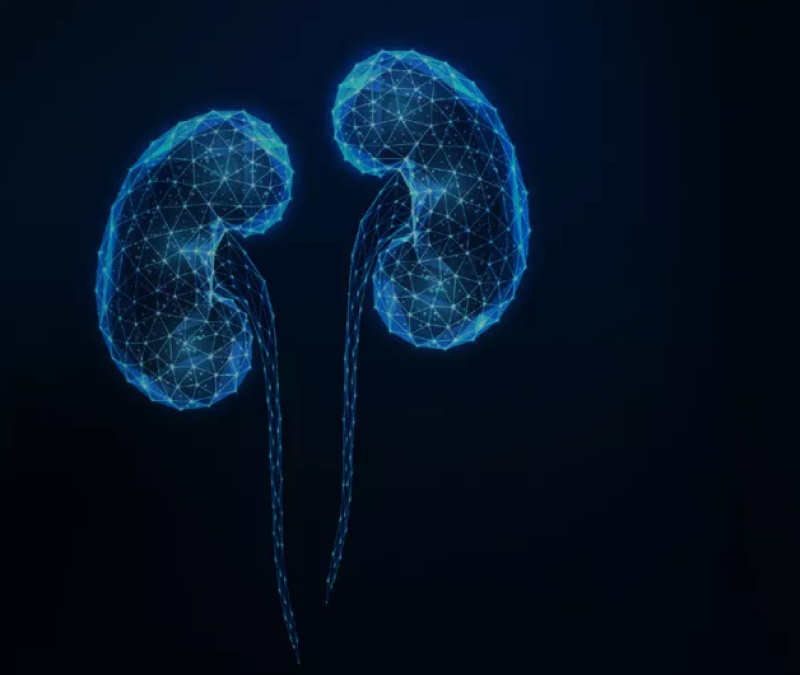The Department of Nephrology gives comprehensive care to patients with various sorts of renal (kidney) ailments. Chronic and acute renal sicknesses brought about by diabetes mellitus, infections, stone diseases, hypertension, inherited ailment and toxic substances are analyzed and overseen.
Evaluation for the cause of renal failure or cause for worsening of renal failure is done to look for any reversible or treatable cause and appropriate management is done. We have all facilities for diagnosis and management of all forms of kidney diseases which included kidney serological tests, kidney biopsy, hemodialysis, peritoneal dialysis, continuous renal replacement therapy (CRRT).
Our dialysis specialists work intimately with the nephrologists, the nurses who are highly trained, and medical social laborers to give quality care. There are facilities for plasmapheresis, which is a method to expel poisons and undesirable proteins from the blood of patients who have auto-immune ailments.
Our Doctors
We have some of the best specialists from around the world, they bring years of experience and offer evidence-based treatment to ensure the best care for you.







